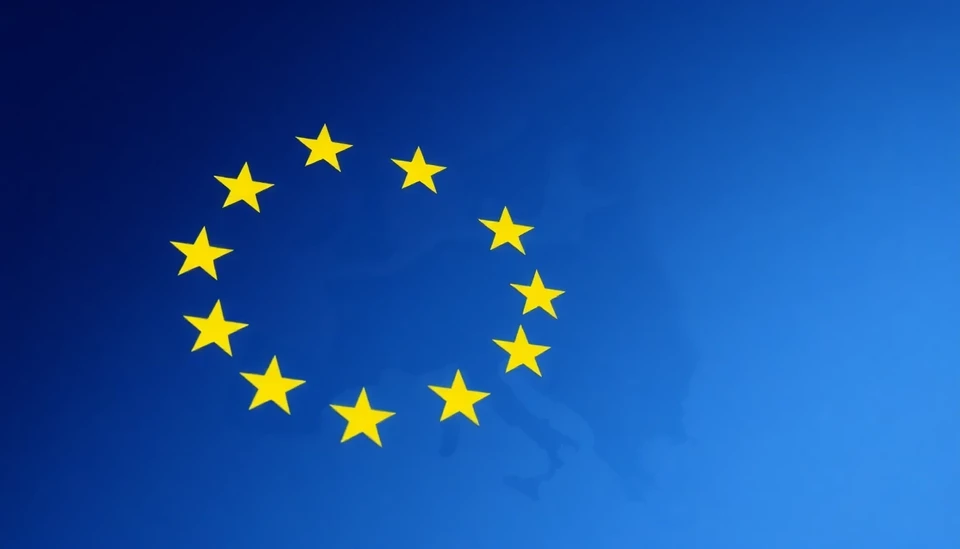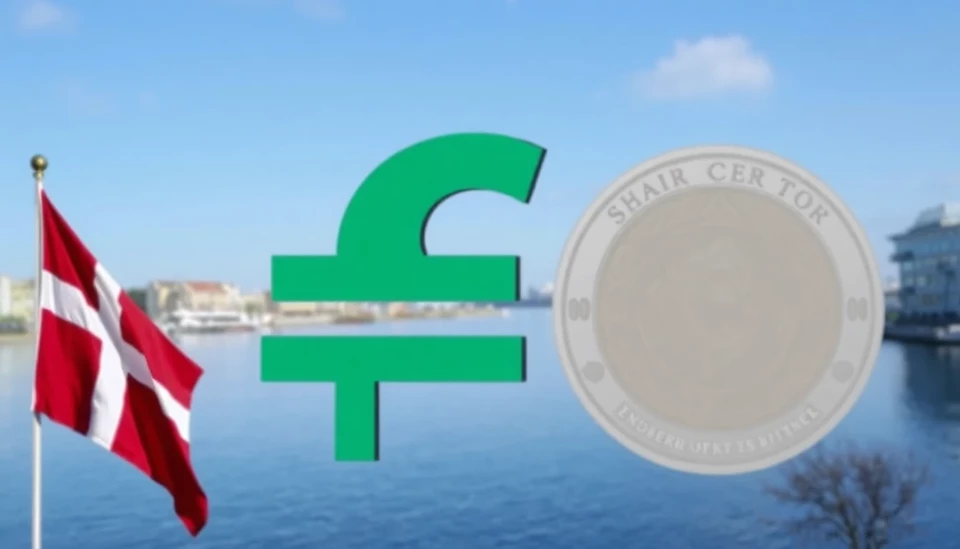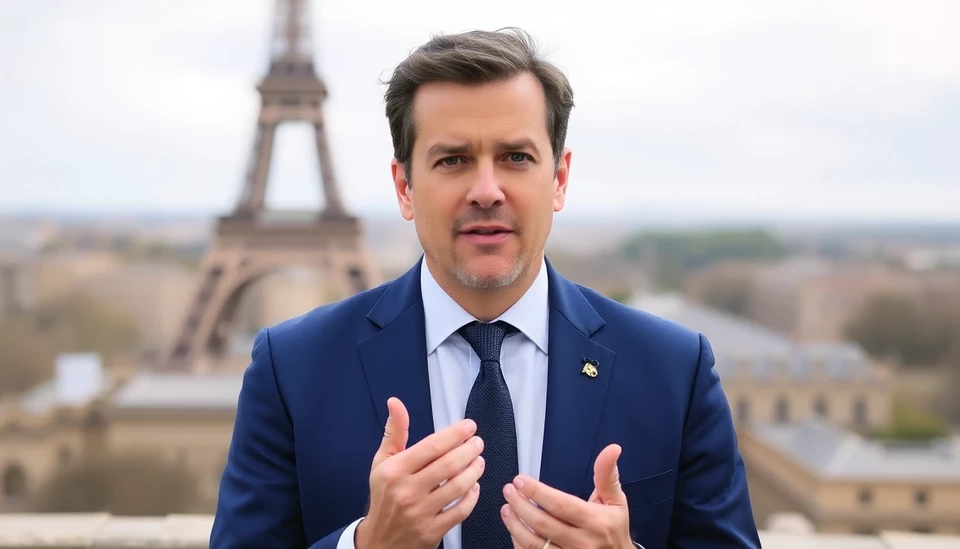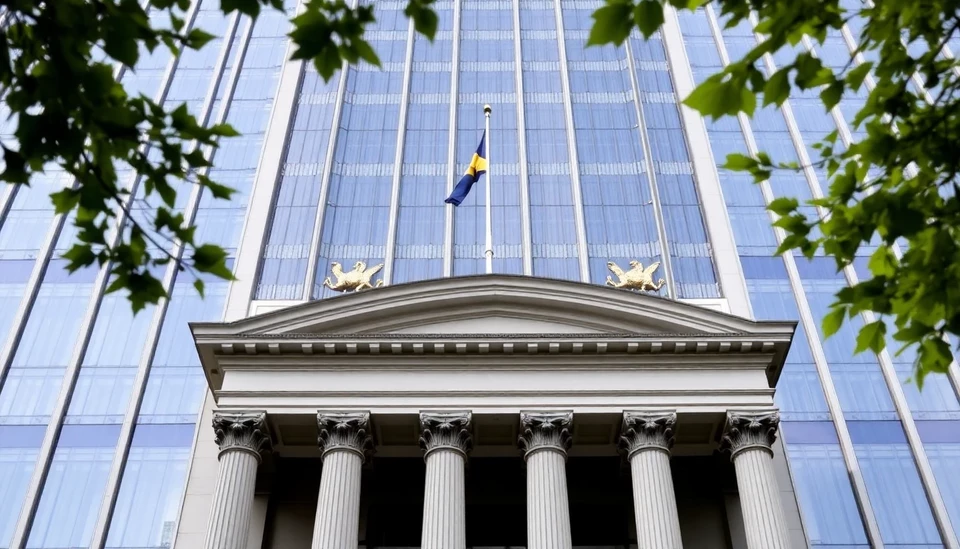
The latest reports indicate a troubling trend in the European economy, with new forecasts painting a bleak picture for the region's growth prospects. Analysts and financial institutions have lowered their growth expectations significantly, raising alarms over potential stagnation and increased economic instability.
According to recent data, the gross domestic product (GDP) growth for Eurozone countries could be nearly halved from previous estimates as multiple factors converge to cloud the economic landscape. Key among these factors are rising inflation rates, stagnant consumer demand, and ongoing geopolitical tensions that have affected trade and investment.
The European Central Bank (ECB) has been faced with the daunting task of navigating these turbulent waters. Despite efforts to control inflation through interest rate hikes, the regions' economic indicators suggest that these measures have not yet yielded the anticipated results. Analysts believe that while raising interest rates may combat inflation, it could also slow down economic recovery, leading to a delicate balancing act for the ECB.
Further complicating matters is the looming impact of energy supply issues stemming from the ongoing conflict in Eastern Europe. As winter approaches, concerns over energy shortages and high costs are exacerbating the situation for consumers and businesses alike. These challenges are compounded by the ripple effects of global supply chain disruptions that have lingered since the pandemic, adding another layer of uncertainty.
Moreover, the employment sector is showing signs of strain as companies adjust to the changing economic conditions. There are increasing reports of hiring freezes and job cuts, leading to fears of rising unemployment. The job market, often seen as a lagging indicator, may soon reflect the broader struggles faced by the economy.
In light of these developments, many economists express unease about the future trajectory of the European economy. While some nations within the Eurozone might continue to display resilience, the overall consensus suggests a period of slow growth ahead, characterized by increased financial pressures on households and businesses.
As policymakers grapple with these challenges, the focus will likely shift towards implementing measures that promote not only recovery but also long-term stability. The effectiveness of these policies will be crucial in determining how quickly and effectively the European economy can navigate its current downturn.
In summary, the European economy is navigating through a challenging environment marked by reduced growth forecasts, persistent inflation, energy supply concerns, and increasing unemployment risks. All eyes will be on the ECB and European leaders as they seek to address these pressing issues while striving to restore confidence among investors and consumers.
#EuropeanEconomy #EconomicForecast #ECB #Inflation #EnergyCrisis #Unemployment #GrowthChallenges #GlobalEconomy
Author: Rachel Greene




